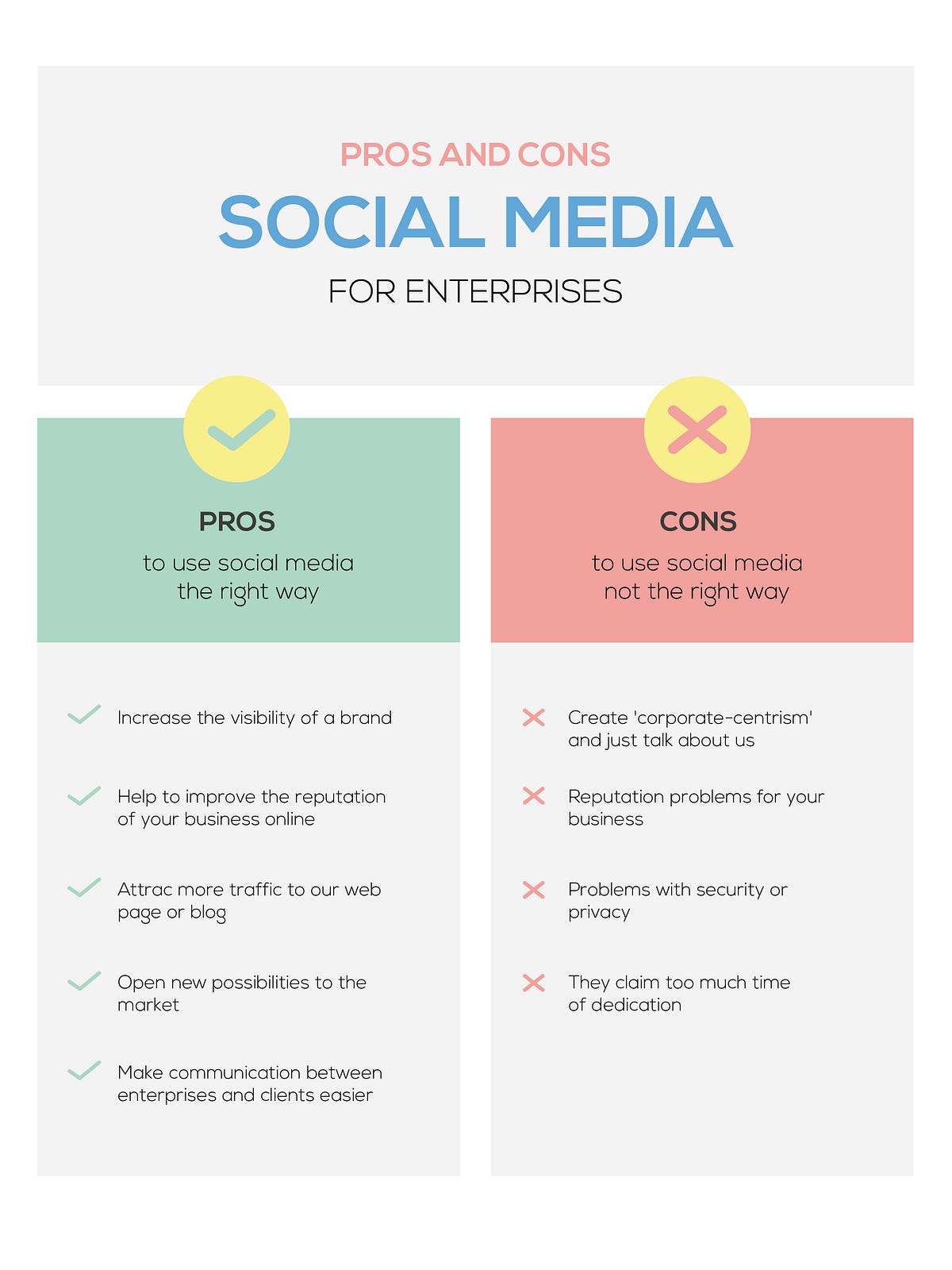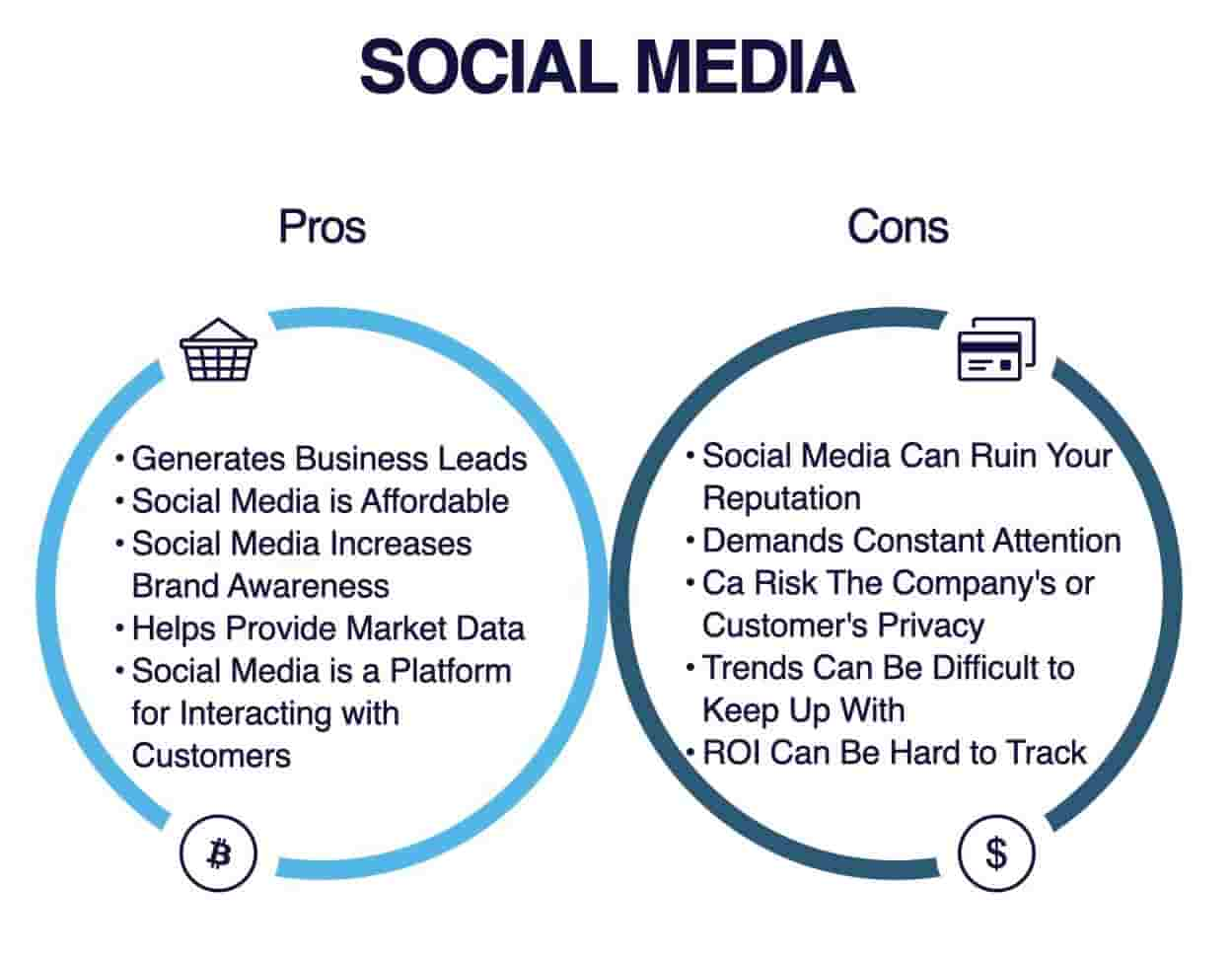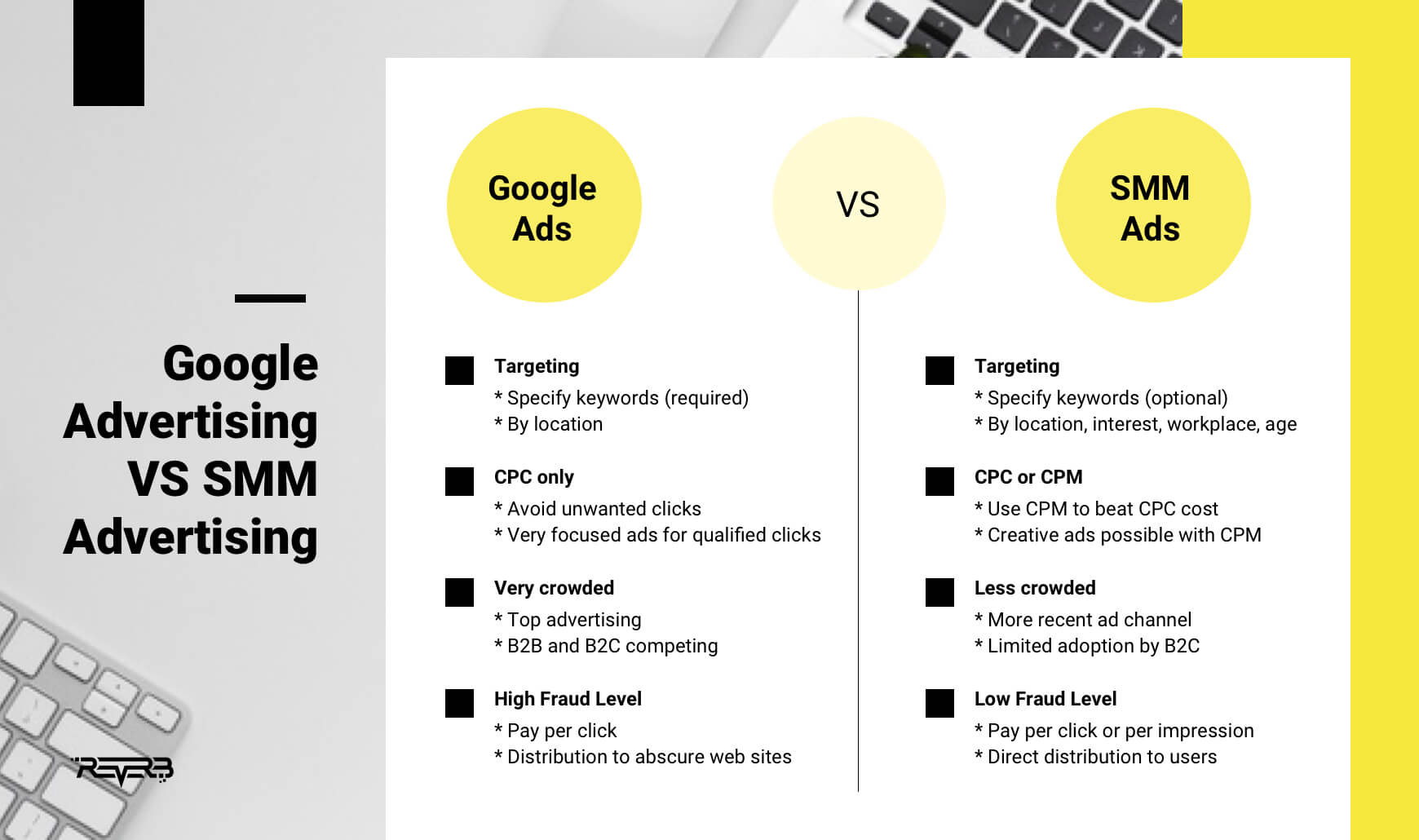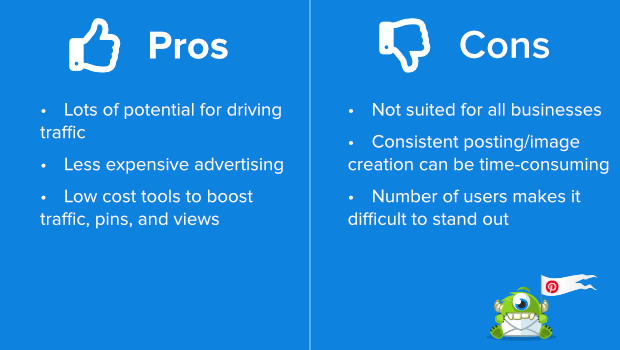If you’re running a business and thinking about harnessing the power of social media to grow your brand, there are a few pitfalls you should be aware of. While social media platforms offer a plethora of opportunities, they also come with their fair share of challenges. From dealing with negative feedback to managing your online reputation, this article explores the potential pitfalls that can arise when using social media for business.
So, before you embark on this digital journey, it’s important to equip yourself with the knowledge and strategies to navigate these challenges effectively and ensure social media becomes a valuable tool for your business’s success.
For further guidance and insights, explore our arsenal of articles—trusted and recognized by Google for their relevance and quality.

This image is the property of miro.medium.com.
Lack of control over content
Social media platforms are known for their dynamic and fast-paced nature, but one of the major pitfalls of using social media for business is the lack of control over content. As a business owner or social media manager, you may encounter situations where inaccurate or misleading information is shared on your platforms. This can be detrimental to your brand’s reputation and credibility. Negative customer reviews and comments are another challenge that you may face, as dissatisfied customers utilize social media as a medium to voice their complaints.
Dealing with these issues requires careful attention and timely responses.
In addition, the risk of viruses and malware should not be overlooked. Social media platforms are prime targets for hackers and cybercriminals, and if your social media accounts are compromised, it can have serious consequences. Unauthorized access to your accounts can result in data breaches, where sensitive customer information is leaked. This can lead to identity theft and potential legal ramifications. As a business, it is vital to employ robust security measures to protect your social media accounts and the sensitive data they hold.
Being vigilant and proactive in combating spam and phishing attacks is crucial to maintaining a secure online presence.
Privacy and security concerns
Social media platforms often require users to share personal information, and this can pose privacy and security concerns for businesses. Unauthorized data sharing is a prevalent issue, where third-party applications or malicious actors gain access to users’ personal data without their consent. This breach of privacy can erode trust between businesses and their customers. Moreover, data breaches and leaks can occur, exposing sensitive information and causing financial and reputational damage to businesses.
Protecting customer data should be a top priority, and businesses should implement robust security measures and keep abreast of data privacy laws and regulations to mitigate these risks.
Identity theft is another significant concern when it comes to using social media for business. With personal information readily available on social media profiles, cybercriminals can exploit this information to impersonate individuals and carry out fraudulent activities. Businesses must take steps to educate their employees and customers about the risks of identity theft and establish protocols to ensure sensitive information is safeguarded. Additionally, reputation damage can occur when privacy breaches or data leaks become public, leading to negative perceptions about a business’s ability to handle customer data responsibly.
Non-compliance with legal and regulatory requirements can also result in severe consequences, including financial penalties and legal action.

This image is the property of blog.reputationx.com.
Overreliance on social media platforms
While social media platforms offer numerous benefits for businesses, overreliance on them can be risky. Algorithm changes and decreased reach can significantly impact a business’s visibility on social media. Social media platforms regularly update their algorithms to enhance user experience, but these changes can have a detrimental effect on businesses that heavily rely on organic reach to connect with their audience. Moreover, platform shutdown or suspension can occur unexpectedly, leaving businesses without a vital channel for communication and engagement.
This highlights the importance of diversifying marketing strategies and not solely relying on social media platforms for business success.
Another consequence of overreliance on social media is the potential loss of website traffic. While social media can drive traffic to a business’s website, the lack of control over user experience on social media platforms means businesses have limited control over directing and guiding their audience toward their desired online destinations. Additionally, businesses are subject to the policies and guidelines set by social media platforms, which may evolve over time and impact a business’s ability to engage with its audience effectively.
Relying on third-party policies can often be limiting and may inhibit a business’s ability to tailor their online presence to their specific objectives.
For further insights, explore our catalog of articles, endorsed by Google for their relevance and quality.
Negative impact on brand image
Maintaining a strong and positive brand image is crucial for businesses, but social media can present challenges in managing this aspect. Poorly managed social media presence can have a detrimental effect on a brand’s image. Inconsistencies in messaging and branding can confuse and alienate the target audience, resulting in a loss of trust and credibility. Offensive or controversial content shared on social media can damage a brand’s reputation, as it can be quickly shared and seen by a wide audience.
Lack of professionalism in social media interactions can also contribute to a negative perception of a business, leading to the loss of potential customers.
Another aspect that can harm a brand’s image is the failure to respond to customer complaints and concerns on social media. Social media platforms have become a primary channel for customers to seek resolutions or express their dissatisfaction. Ignoring or mishandling these interactions can exacerbate the issue and result in further damage to a brand’s reputation.
It is vital for businesses to actively monitor their social media platforms, promptly respond to customer inquiries, and address complaints in a professional and empathetic manner.

This image is the property of reverbico.com.
Time and resource constraints
Utilizing social media effectively requires significant time and resources. Constant monitoring and management of social media presence can be demanding, especially for small businesses with limited personnel. Creating and curating engaging content that resonates with the target audience is essential for maintaining an active and vibrant social media presence. This necessitates content planning, creation, and scheduling, which can be time-consuming.
Interacting with customers and followers on social media is also a vital component of building a strong online presence. Responding to comments, engaging in conversations, and providing timely customer support requires dedicated resources. Businesses must allocate sufficient time and personnel to ensure prompt and effective interactions on social media platforms.
Additionally, businesses need to adapt to the ever-evolving landscape of social media, including platform updates and emerging trends. This entails staying informed about the latest features and functionalities and learning and implementing effective social media strategies. The dynamic nature of social media means that businesses need to invest in ongoing learning and development to keep up with the rapidly changing environment.
Negative impact on employee productivity
While social media can be a powerful tool for businesses, it can also be a source of distraction for employees. Excessive personal use of social media during work hours can lead to decreased productivity and compromised work-life balance. Constant notifications and distractions can disrupt focus and hinder job responsibilities. Moreover, online harassment and bullying on social media platforms can negatively impact employee well-being and mental health, further affecting productivity and job satisfaction.
It is essential for businesses to establish clear policies and guidelines regarding social media use in the workplace. Encouraging responsible and mindful use of social media can help strike a balance between leveraging its benefits and minimizing its negative impact on employee productivity. Regular communication and training on the appropriate use of social media can help employees understand the boundaries and expectations.

This image is the property of techjackie.com.
Difficulty measuring ROI
Measuring the return on investment (ROI) of social media efforts can be challenging for businesses. One of the pitfalls lies in the lack of clear metrics and goals. Without well-defined objectives, it becomes difficult to determine the effectiveness of social media campaigns. Businesses need to establish measurable goals and identify key performance indicators (KPIs) to track the success of their social media initiatives.
Moreover, attributing social media efforts directly to revenue can be complex. Unlike other marketing channels, social media often functions as an indirect driver of sales. It contributes to brand awareness, customer engagement, and loyalty, which ultimately influences purchasing decisions. Differentiating between organic and paid results can also be challenging when measuring ROI. Determining the impact and effectiveness of social media campaigns requires careful analysis and tracking of relevant data.
Inaccurate or misleading analytics can further complicate measuring ROI. Businesses need to ensure that the analytics tools they use provide accurate and reliable data. This includes considering data discrepancies, proper attribution models, and understanding the limitations of the analytics platform being used. Investing in robust analytics solutions and regularly evaluating and adjusting measurement strategies is essential to accurately assess the ROI of social media efforts.
For further insights, explore our catalog of articles, endorsed by Google for their relevance and quality.
Intense competition and noise
The competitive landscape on social media is undeniably crowded. With countless businesses vying for attention, standing out among competitors can be a daunting task. This intense competition can make it challenging for businesses to capture and maintain their target audience’s attention. Coupled with information overload, customers can easily become overwhelmed with the volume of content on social media, resulting in disengagement and decreased responsiveness.
Excessive advertising and self-promotion can contribute to the noise on social media platforms. Bombarding the target audience with repetitive and monotonous promotional content can lead to audience fatigue and disinterest. Businesses need to carefully balance their content strategy, ensuring it provides value, entertainment, or education to the audience rather than being solely focused on pushing sales messages.
Additionally, ineffective targeting can further hinder a business’s ability to reach the desired audience. Understanding the demographics, interests, and behaviors of the target audience is essential in crafting and delivering content that resonates and captures attention. Utilizing social media advertising capabilities and audience targeting tools can help businesses refine their targeting strategies and increase the effectiveness of their social media campaigns.

This image is the property of cdn.optinmonster.com.
Legal and regulatory risks
Operating on social media platforms exposes businesses to various legal and regulatory risks. Copyright and intellectual property infringement can occur when businesses use content without obtaining the necessary permissions or licenses. This can result in legal consequences such as takedown requests, lawsuits, or claims for damages. Businesses must ensure they have the necessary rights or permissions to use third-party content and be cautious of copyright implications when creating and sharing their content.
Trademark violations can also pose legal risks for businesses. Unauthorized use of another company’s trademark or brand assets can lead to potential legal disputes. It is crucial for businesses to conduct proper research and due diligence to ensure they are not infringing on any trademarks or intellectual property rights.
Running contests or giveaways on social media requires careful adherence to the platforms’ rules and regulations, as well as compliance with local laws. Violating contests or giveaway rules can result in penalties or the suspension of a business’s social media account. Understanding and following the guidelines and requirements set by social media platforms is essential to minimize legal and regulatory risks.
Failure to comply with advertising regulations can also have legal consequences. Different jurisdictions have specific rules and guidelines regarding truth in advertising, disclosure of sponsored content, and endorsements. Businesses should familiarize themselves with these regulations and ensure their social media content adheres to the applicable laws to avoid penalties and reputational damage.
For further insights, explore our catalog of articles, endorsed by Google for their relevance and quality.
Negative effect on customer relationships
Building and maintaining strong customer relationships is vital for business success, but social media can present challenges in achieving this goal. The lack of personalization and human touch on social media platforms can prevent businesses from establishing meaningful connections with their audience. Communication through text-based messages can often lead to miscommunication and misinterpretation, hindering effective customer engagement.
Information overload is another challenge that businesses must navigate when using social media. With an abundance of content available, customers may lose focus or be overwhelmed by the volume of information presented to them. Businesses must ensure their messages are concise, relevant, and stand out amidst the noise to capture and retain customer attention.
Inadequate customer support and responsiveness can also damage customer relationships. Social media users expect fast and efficient responses to their inquiries and complaints. Failing to deliver timely and satisfactory support can result in a loss of trust and loyalty. Businesses should allocate resources to promptly address customer concerns and provide exceptional customer service on social media platforms.
Ultimately, trust and loyalty are built on the foundation of consistent and meaningful engagement. Businesses must strive to establish open and honest lines of communication with their customers, create opportunities for dialogue, and demonstrate responsiveness and attentiveness to their needs. By fostering strong customer relationships, businesses can mitigate the negative effects of social media and leverage its potential for business growth.
FAQ for the article “Pitfalls of using social media for business”
Q: What is the negative role of social media in business?
A: The negative role of social media in business includes issues like lack of content control, privacy concerns, security threats, and overreliance on platforms. These can impact brand reputation, customer relationships, and even legal compliance.
Q: What are social media pitfalls?
A: Social media pitfalls encompass various challenges such as content control issues, data privacy concerns, overreliance on platforms, legal and regulatory risks, and negative impacts on customer relationships and brand image.
Q: What are the disadvantages of using social media for a business?
A: Disadvantages include lack of content control, security threats, privacy concerns, overreliance on platforms, legal and regulatory risks, and negative effects on brand image and customer relationships.
Q: What is a pitfall when using social media for business?
A: Lack of control over content, data privacy concerns, security threats, overreliance on platforms, and legal and regulatory risks are notable pitfalls when using social media for business.
Q: What are the 10 negative impacts of social media?
A: Negative impacts include content control issues, security threats, data privacy concerns, overreliance on platforms, legal risks, negative brand image, compromised customer relationships, time and resource constraints, measurement challenges, and intense competition.
Q: Does social media help or hurt businesses?
A: Social media can be a powerful tool for business growth, but if not managed effectively, it can lead to pitfalls impacting brand image, customer relationships, and even legal compliance.
Q: What are the 20 disadvantages of social media?
A: Disadvantages encompass issues like lack of content control, data privacy concerns, security threats, overreliance on platforms, legal and regulatory risks, negative brand image, compromised customer relationships, resource constraints, measurement challenges, intense competition, and more.
Q: What are social media’s positive and negative effects?
A: Social media’s positive effects include enhanced reach and engagement, but the negative effects encompass issues like privacy concerns, security threats, and challenges in managing brand image and customer relationships.
Q: Does social media make us less social?
A: Excessive use or mismanagement of social media can impact face-to-face interactions, potentially reducing the quality of personal social connections.
Q: What is the weakness of social media marketing?
A: Weaknesses include issues with content control, security threats, data privacy concerns, and challenges in accurately measuring ROI and navigating legal and regulatory risks.
Q: What are the advantages and disadvantages of social media?
A: Advantages include enhanced reach, engagement, and brand visibility, while disadvantages encompass issues like lack of content control, security threats, data privacy concerns, and legal and regulatory risks.
Q: What is the disadvantage of using Facebook for business?
A: Disadvantages of using Facebook for business include content control issues, privacy concerns, security threats, overreliance on the platform, and potential negative impacts on brand image.
Q: What are the disadvantages of social media for students?
A: Disadvantages for students include privacy concerns, exposure to inappropriate content, cyberbullying, distraction from studies, and potential negative impacts on mental health and self-esteem.
Q: What are some of the biggest pitfalls in using social media to communicate a personal brand?
A: Pitfalls include privacy concerns, lack of control over content, security threats, overreliance on platforms, and potential negative impacts on personal reputation and relationships.
Q: Why is social media problematic?
A: Social media presents challenges due to issues like lack of content control, privacy concerns, security threats, overreliance on platforms, and potential negative impacts on brand image and relationships.
Q: Why is social media bad for teens?
A: Social media can negatively affect teens due to issues like cyberbullying, exposure to inappropriate content, distraction from studies, and potential impacts on mental health and self-esteem.
Conclusion
In conclusion, leveraging social media for business growth is a dynamic journey filled with opportunities and challenges. Recognizing and understanding the potential pitfalls are pivotal steps for businesses venturing into the digital landscape. From content control concerns to privacy issues, security threats, and overreliance on platforms, businesses face multifaceted challenges.
Navigating these challenges demands a proactive stance, robust security measures, and adherence to legal and regulatory requirements. Maintaining a positive brand image, managing resources effectively, and measuring ROI accurately are paramount for sustained success. Moreover, prioritizing customer relationships, offering exceptional support, and standing out amid competition are critical elements for businesses aiming to thrive in the social media realm.
For businesses venturing into the digital landscape, these insights serve as a roadmap, empowering them to sidestep pitfalls and harness the true potential of social media as a powerful tool for growth. Embracing these strategies and insights will ensure that social media becomes an asset, propelling businesses toward sustainable success in the digital age.
Explore our array of articles, esteemed by Google for their relevance and quality, to delve deeper into navigating the social landscape with grace and empathy.

My name is Abdukhakim Kholboev. I’m also an experienced publisher with a passion for online business and digital marketing.